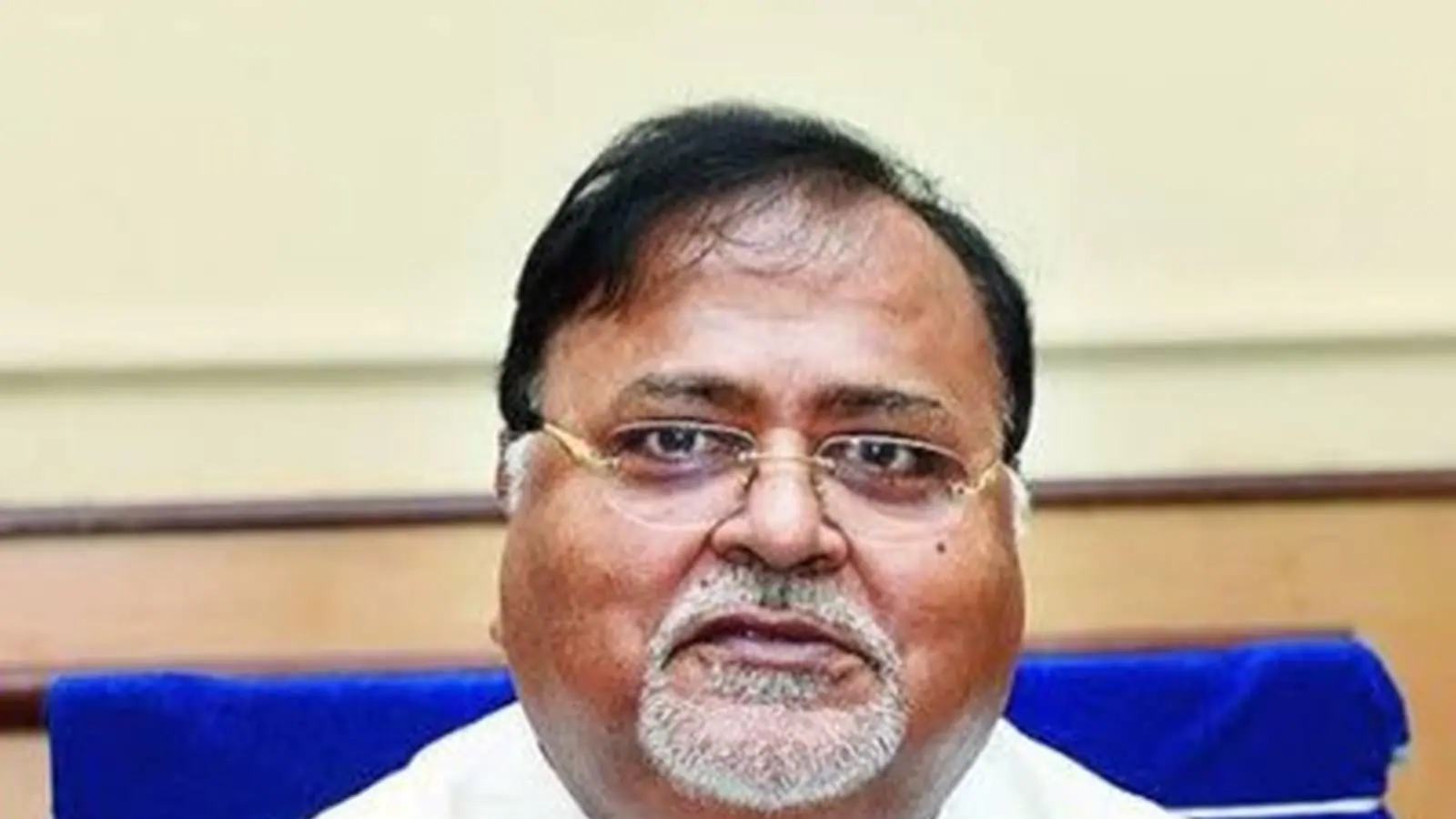A bench headed by Justice Ranjan Gogoi quoted provisions of the legislation to hold that the appointment of chairperson or member of the Lokpal will not become invalid “merely because of the reason of any vacancy in the selection committee”.
If, at present, the leader of the opposition is not available, the chairperson and the other two members of the selection committee — the Lok Sabha Speaker and the Chief Justice of India (CJI) or his nominee — may proceed to appoint an eminent jurist as a panel member to make recommendations to the President, the court said.
Similarly, it did not find any legal disability in a “truncated” selection committee to constitute a search committee for preparing a panel of candidates for consideration of the appointment.
However, the court rejected the demand to grant primacy to the CJI’s view in selecting eminent jurists as members of the search committee over the other members, including the Prime Minister and Lok Sabha Speaker.
Parliament approved a law to create an independent anti-corruption agency after a delay of almost 50 years but the hiring of a Lokpal to run it has been stuck on the question of who should be on the appointment panel.
The law requires a leader of the opposition to be member of the selection committee. The current Lok Sabha does not have a leader of the opposition, prompting the government to move an amendment allowing the leader of the largest opposition party to be part of the panel.
The Congress, the largest opposition party in the Lok Sabha, didn’t have enough members for one of its MPs to be named leader of the opposition. The Congress has 45 MPs, while the rules says a party must have 55 elected members in the House to claim the position of leader of the opposition.
The amendments to the definition of the leader of the opposition in the Lokpal act were pending with Parliament. Besides, changes to the bill were made after a parliamentary committee provided certain suggestions last year.
During a hearing last month, the government said that it was not possible to appoint a Lokpal as there was no leader of the opposition.
A plea that the government should amend the law within a specific timeframe was turned down by the top court. It refused to read down the specific section to give a wider interpretation to the leader of the opposition’s definition until the amendments were through.
“There can be no manner of doubt that the parliamentary wisdom of seeking changes in an existing law by means of an amendment lies within the exclusive domain of the legislature and it is not the province of the court to express any opinion on the exercise of the legislative prerogative,” the court said.
“As a policy of zero tolerance against corruption, the bill seeks to establish in the country, a more effective mechanism to receive complaints relating to allegations of corruption against public servants,” the court said, underlining the necessity to have the watchdog.
These bodies will strengthen the legal and institutional mechanism.




